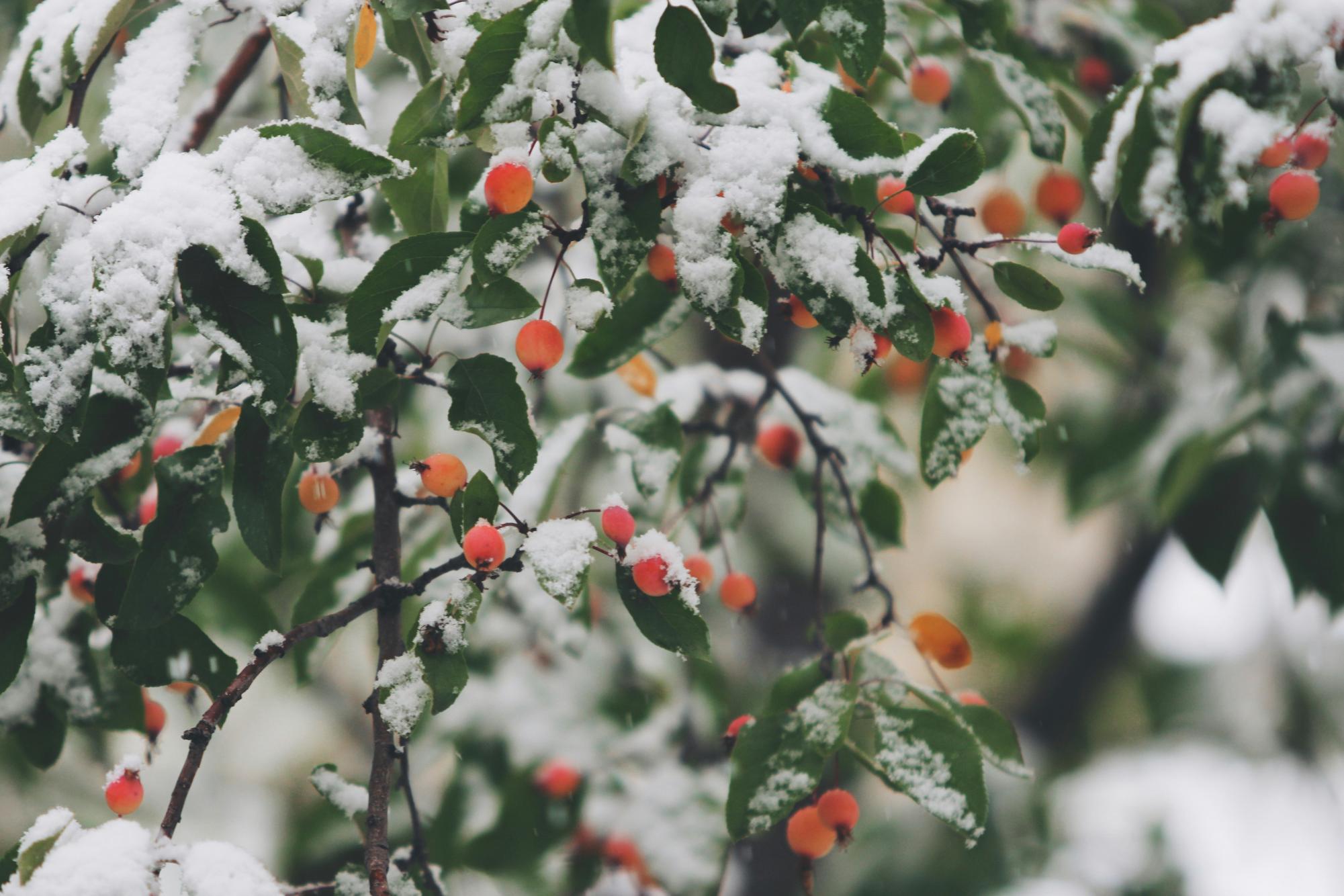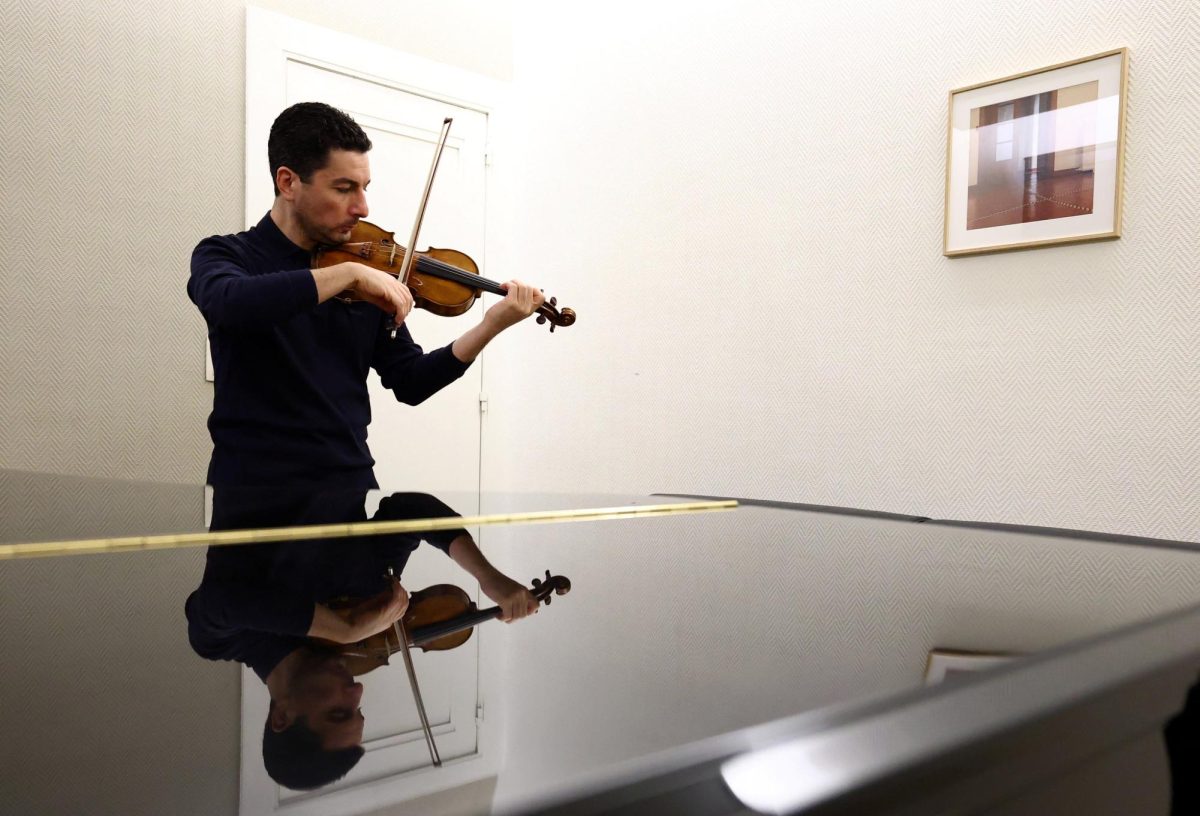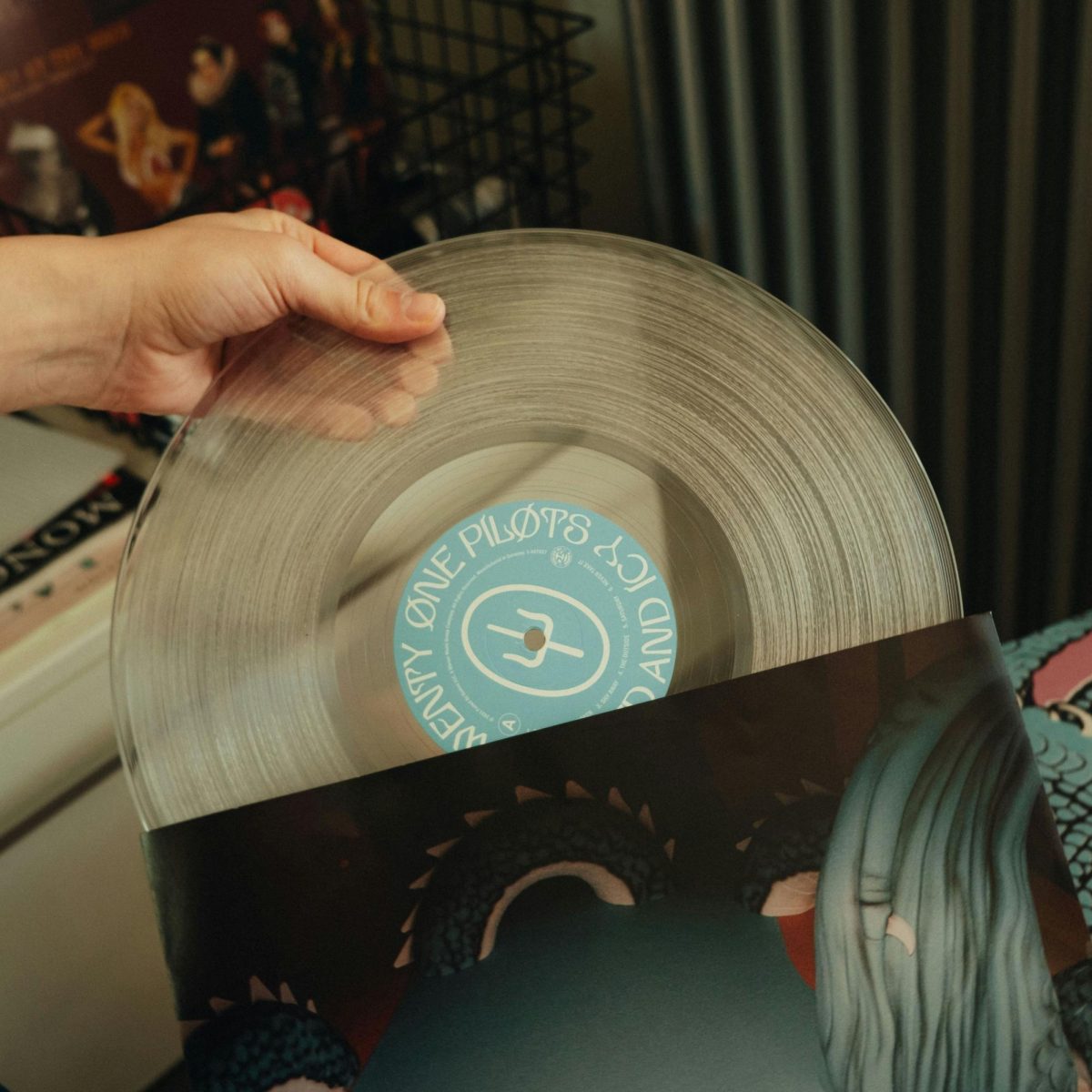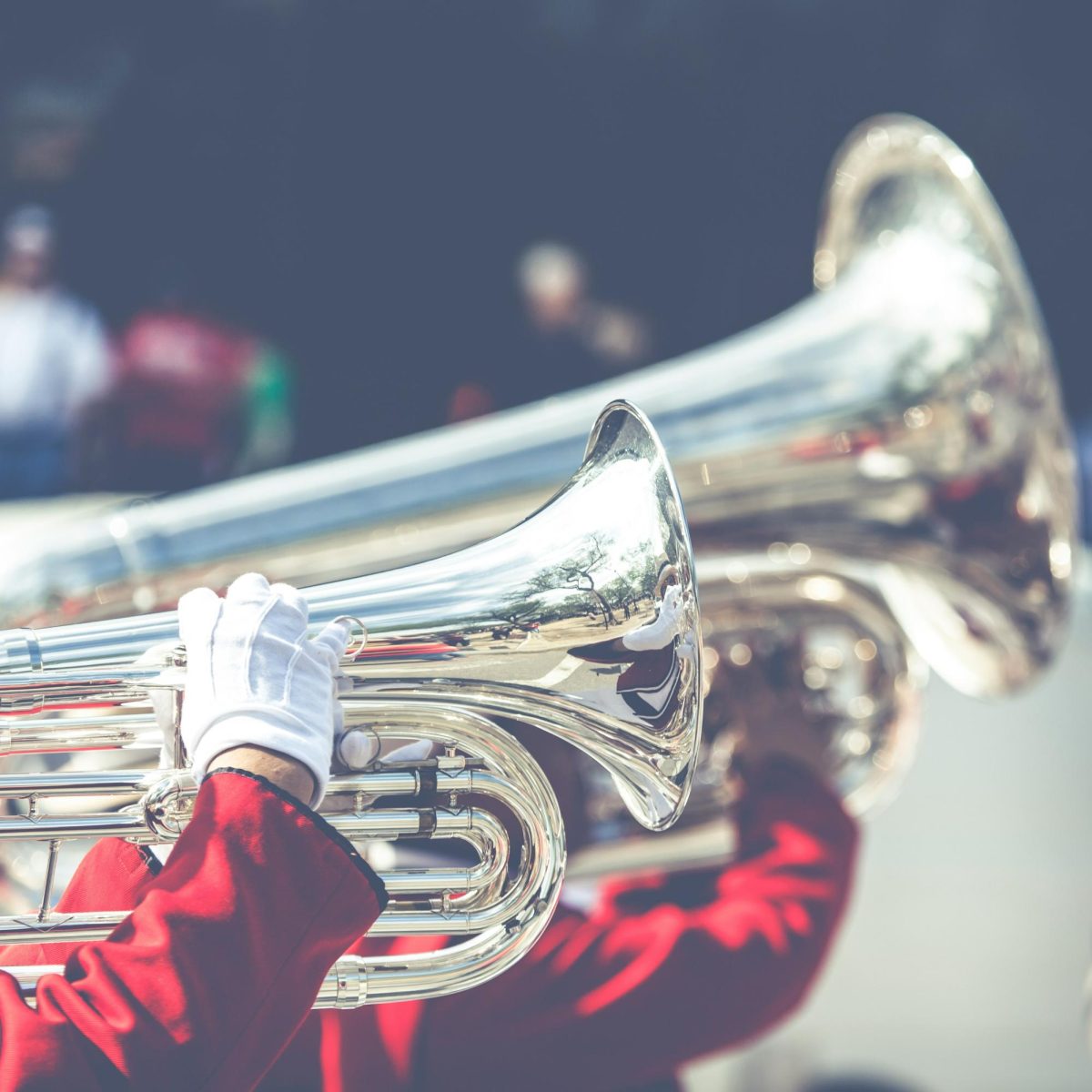Christmas, as a whole, has been a holiday celebrated throughout the world for generations. Originally, it started as a celebration of the birth of Jesus Christ in Bethlehem as written in the New Testament. It has become a holiday for everyone, surrounded by the narrative of one Santa Claus, more formally known as Saint Nicholas. Families will tell stories about Santa, encouraging their children to behave or excite them for the prospect of presents. Christmas is a time for families to reunite after a long year to eat good food and decorate the tree they picked to stand in their living room for the season. They decorate their trees in many ways, such as getting personal ornaments or decorating with fake candles. There are many ways and reasons to celebrate Christmas, but what do others celebrate during the winter season instead?
One holiday celebrated is Yule, which is celebrated by pagans. Yule or Yuletide was a holiday celebrated originally by the Germanic people or ancient German-speaking people. Before being incorporated into Christmas when the Germanic people converted to Christianity, it was a winter festival spanning from the winter solstice until the new year. Typically, this festival is 12 days which is where the idea of the 12 days of Christmas originated. Yule is also highly connected to Norse mythology. This time was believed to be the time when spirits passed on to the other world and moved on to the afterlife. Due to this belief, animals would be sacrificed during this time. One tradition celebrated during Yule is the burning of the Yule log. Though this tradition started as a way to ward away evil during times of prolonged darkness during the solstice and a way to encourage the return of spring, it eventually became a symbol of the warmth of the stable of which Christ was born. Although Yule has become extremely interweaved with the traditional holiday of Christmas, it still has a rich history and answers some of the questions about what people celebrated before Christianity became widespread.
Another holiday celebrated during winter is Hanukkah. This holiday originates from the Book of Maccabees, recounting the of Maccabees or the Jewish leaders in the rebellion against the Seleucid dynasty. It tells the story of the rededication of the temple in Jerusalem and the lighting of the menorah. The book tells of how the Maccabees only had enough pure oil that hadn’t been desecrated for a candle to stay lit a single day but that the oil miraculously stayed lit for 8 days. This story is honored by the tradition of the lighting of the menorah. Each day during Hanukkah, a candle on the menorah would be lit using the ninth candle in the middle. On the last day of Hanukkah, the final candle would be lit, and all candles would burn, representing the days that the oil continued to burn. Another tradition that is often used during Hanukkah is the game Dreidel. Dreidel is a gambling game using a four-sided spinning top marked with the Hebrew words “nun,” “shin,” “gimel,” and “he,” with each having a different role in the game. Each player would start with an equal amount of coins or whatever would be used instead and then put one of their pieces into the pot. The dreidel would then be spun, and depending on what you land on, you would add or subtract from the pot. Hanukkah, although not as celebrated as Christmas, is still an amazing holiday for many around the world.
Winter is a season of giving and joy and the many ways people celebrate just that. It’s important to understand and celebrate the people around the world who do things a little differently. The winter season contains so many holidays that are rich in culture and history which will hopefully continue to be celebrated and remembered for many years to come.
(Source: www.wikipedia.org)








